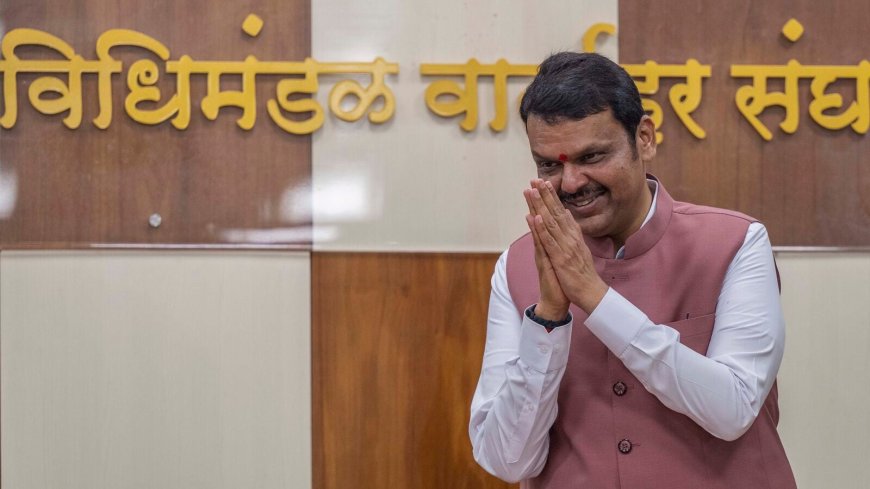‘Inter-faith marriage not wrong but…’: Devendra Fadnavis as Maharashtra sets up panel to frame ‘love jihad’ law
Maharashtra Chief Minister Devendra Fadnavis said such cases were rising in Maharashtra. Fadnavis said the Supreme Court and Kerala High Court have made observations about the reality of “love jihad”.

‘Inter-faith Marriage Not Wrong But…’: Devendra Fadnavis on Maharashtra’s ‘Love Jihad’ Law
In a significant political statement, Maharashtra's Deputy Chief Minister Devendra Fadnavis has clarified his stance on inter-faith marriages amid the state's plans to establish a committee to frame a ‘love jihad’ law. As the topic gains public attention, Fadnavis emphasized that while inter-faith marriages are not inherently wrong, there are underlying concerns that need to be addressed.
The Context of Inter-faith Marriages
Inter-faith marriages have become a subject of intense discussion in India, reflecting the nation’s diverse culture and varying viewpoints on love and relationships. Fadnavis’s remarks come at a time when Maharashtra is evaluating potential legal frameworks to regulate such unions to prevent instances of coercion or dishonesty. He stated that any law must protect individual rights while also ensuring the sanctity of marriages.
The Panel Formation for 'Love Jihad' Law
The state government’s recent decision to form a panel has raised questions about the implications of a 'love jihad' law. Advocates of this law argue that it aims to combat alleged practices where individuals are reportedly coerced into changing their religion under the guise of love. However, critics worry that such a law could infringe upon personal freedoms and target inter-faith couples unfairly.
Public Response and Future Implications
Public reaction to Fadnavis’s comments has been mixed. Supporters of inter-faith marriages believe that legalizing protections for these unions could empower couples facing societal challenges. Conversely, opponents fear that the enforcement of a 'love jihad' law could lead to increased scrutiny and mistrust among communities.
As debates continue, it is evident that the Maharashtra government is navigating a complex issue that balances traditional values with modern relationships. The successful framing of this law will require careful consideration of both societal values and individual freedoms.
For more updates, visit dharmyuddh.com. Keywords: Inter-faith marriage issues in Maharashtra, Devendra Fadnavis stance on love jihad law, Maharashtra love jihad law panel formation, implications of love jihad law in India, public reaction to love jihad law, inter-faith marriage legal considerations, political stance on inter-faith marriage in Maharashtra, love jihad law controversies, understanding inter-faith marriages, implications of Maharashtra’s love jihad law







